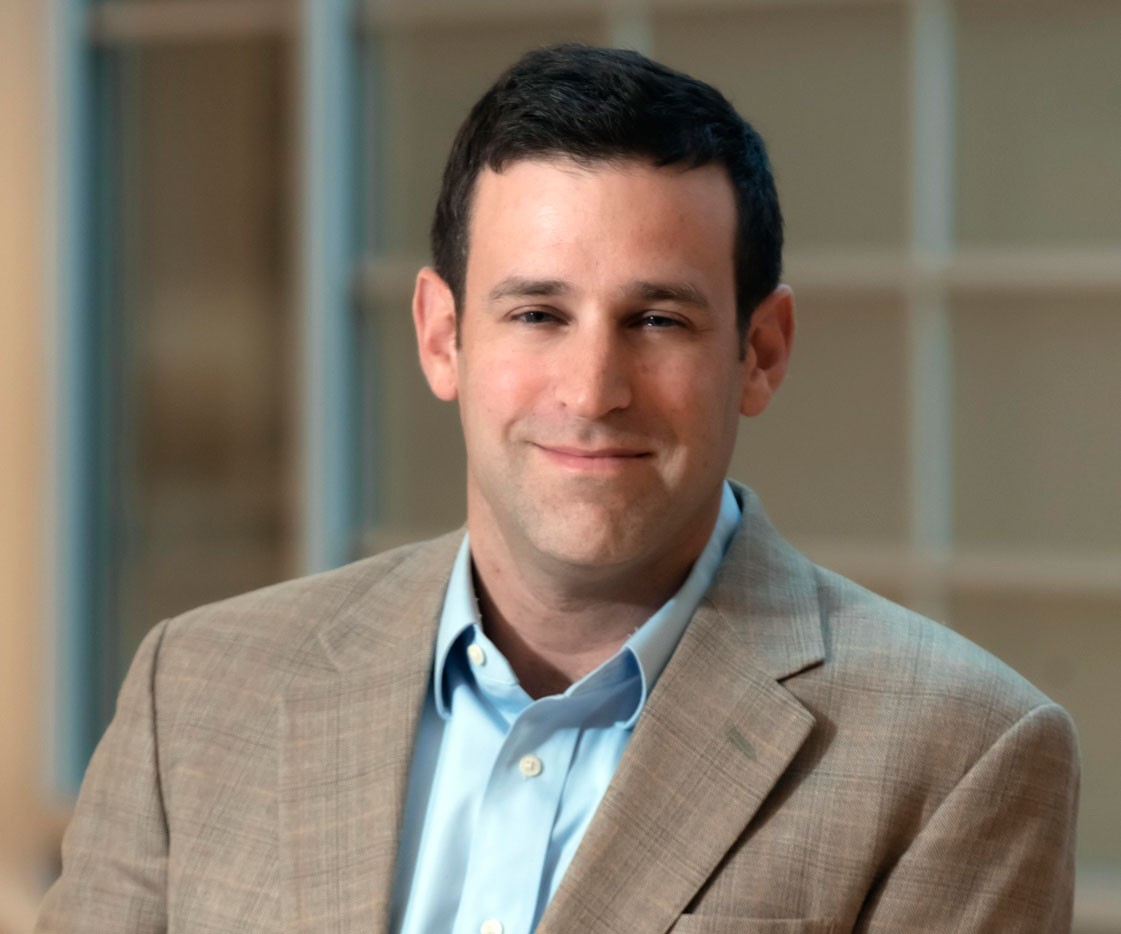

Associate Professor
Counseling, Developmental, and Educational Psychology

Scott Seider wanted to know how schools prepare students to grapple with racial and economic injustice—and to share with other educators what he’s learned about what’s going well.
So Seider and several colleagues spent five years following roughly 450 predominantly black and Latino students from low-income families attending five urban high schools in the Northeast. The researchers’ goal was to track their growth in “critical consciousness,” a term coined in the 1970s to describe awareness of—and a commitment to challenging—oppression.
“There was a growing body of research that suggested that young people who were more critically conscious are more resilient, have better mental health, and are more politically and academically engaged,” says Seider, who joins the Lynch School faculty after 11 years at Boston University. “We wanted to look at that in more depth.”
Their mixed-method study, which involved ongoing surveys, interviews, and classroom observation, found that critical consciousness is predictive of academic achievement for youths from marginalized racial and economic groups. Among other results, students who showed the biggest growth in critical consciousness over four years of high school finished secondary school with the highest grade point averages. Their findings were published online in the journal Child Development in May.
The team also discovered how five pedagogical models practiced by the schools they studied—expeditionary learning, habits of mind, problem posing, no excuses, and action civics—offered different approaches to teaching students how to analyze, navigate, and challenge oppression. In their forthcoming book Schooling for Critical Consciousness, Seider and primary collaborator Daren Graves, an associate professor at Simmons University, turned their findings into practical strategies to help educators nurture social/political engagement skills in youths.
A former high school teacher, Seider earned his doctorate from Harvard’s Graduate School of Education and has published widely on the role of schools in fostering adolescents’ civic and character development—a key subject of his 2012 book Character Compass: How Powerful School Culture Can Point Students Toward Success (Harvard Education Press). He has also studied the impact of Boston College’s PULSE Program for Service Learning, which combines readings in philosophy and theology, classroom discussion, and service learning.
Seider is teaching courses this year on applied adolescent development and the psychology of adolescence, and is mulling another big research question: “What would this critical consciousness work look like at the elementary school level?”
“ There was a growing body of research that suggested that young people who were more critically conscious are more resilient, have better mental health, and are more politically and academically engaged. We wanted to look at that in more depth. ”
Ed.D., Harvard Graduate School of Education
Ed.M., Harvard Graduate School of Education
A.B., Harvard College
Civic development
Critical consciousness
Liberatory schooling models
Social justice education
Mixed methods
Seider, S., Clark, S., & Graves, D. (2019).
The development of critical consciousness and its relation to academic achievement in adolescents of color.
Child Development. Advance online publication. DOI: 10.1111/cdev.13262
Clark, S., & Seider, S. (2019).
The role of curiosity in the sociopolitical development of Black and Latinx adolescents.
Journal of Research on Adolescence. Advance online publication. DOI: 10.1111/jora.12511
Seider, S., Clark, S., Graves, D., Kelly, L., El-Amin, A., Soutter, M, & Jennett, P. (2019).
Black and Latinx adolescents’ developing beliefs about poverty and associations with their awareness of racism.
Developmental Psychology, 55(3), 509-524. DOI: 10.1037/dev0000585
Seider, S., Graves, D., El-Amin, A., Soutter, M., Tamerat, J., Jennett, P., Clark, S., Johannsen, J., & Malhotra, S. (2018).
Developing sociopolitical consciousness of race and class inequality in adolescents attending progressive and no excuses urban charter high schools.
Applied Developmental Science, 22(3), 169-187. DOI: 10.1080/10888691.2016.1254557
Seider, S. (2012).
Character Compass: How powerful school culture can point students toward success.
Cambridge, MA: Harvard Education Press.